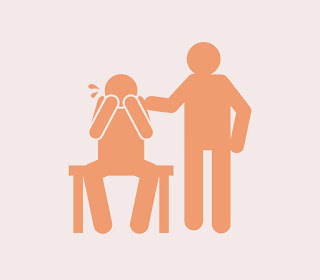Take Time For Yourself As A Mom Without Feeling Guilty

As a mom, it can be tough to take time for yourself. You always feel like you’re behind and there’s never enough time in the day as it is. But taking some time for yourself is crucial for your own happiness and well-being. Here are 10 helpful ways to take time for yourself as a mom without feeling guilty. When I had my kids, I remember feeling overwhelmed. I was so used to being independent and taking care of myself that it was hard to handle all the new emotions and responsibilities that came with motherhood. On top of that, I felt guilty any time I wanted to take a break or do something for myself. Mothers time and time again continue to put themselves last and their needs on the back burner. We take care of our families, our homes, our jobs, and everything else in between but when do we ever take care of ourselves? The answer is usually never. It is important to take time for yourself because it allows you to recharge and come back even more refreshed and ready to take on...











